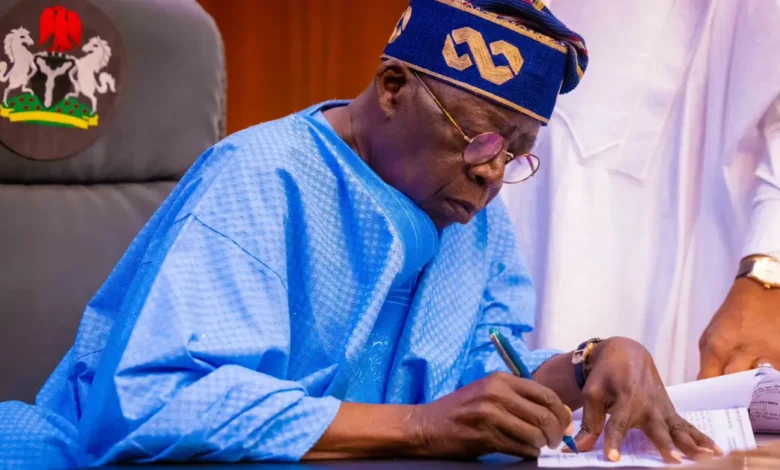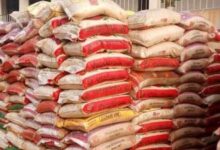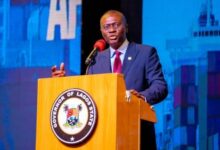
The Federal Government has completed the vetting of nominees for ambassadorial roles, with 109 missions, 76 embassies, 22 high commissions, and 11 consulates globally awaiting official appointments.
The confirmation came from multiple sources with knowledge of the process, who told Punch that all necessary security and background checks had been conducted on the nominees.
However, despite completing the vetting process, the consolidated list of nominees has yet to be transmitted to the National Assembly, with President Bola Tinubu expected to forward the list for confirmation. The delay has raised questions among officials and the public.
On April 2, President Tinubu embarked on a two-week working visit to Paris, France. During the visit, the President is expected to evaluate his administration’s mid-term performance, review ongoing reforms, and engage in strategic planning for the second anniversary of his tenure.
This has led to speculation regarding the delay in the transmission of the ambassadorial nominees’ list.
President’s Special Adviser on Information and Strategy, Bayo Onanuga, confirmed in a statement that the President’s visit was aimed at appraising key milestones and furthering his administration’s reform agenda.
Vetting Complete, But No Timeline Given For Submission
Several officials within the Presidency confirmed to Punch that the vetting process for ambassadorial nominees is complete. However, no specific timeline was provided for the formal submission of the list to the National Assembly.
One official, speaking on condition of anonymity, explained that while the background checks had concluded, the President required additional time before sending the list.
“They have finished the DSS checks. That part is done. In fact, we were expecting the names to be out by yesterday or earlier than that. But so far, it looks like he (President Tinubu) still needs a little more time. Our eyes were up for this week. But it is confirmed that the background checks are over,” the official said.
Another source stated, “The names were supposed to be out earlier than yesterday (Wednesday). We’re not sure where the delay is coming from.”
The delay in the nomination process has been partly attributed to financial challenges. Sources revealed that the cost of fulfilling the necessary capital expenditure (CAPEX) to ensure effective functioning of the missions is nearing $1 billion. This includes settling arrears for foreign service officials, replacing aging vehicles, and renovating embassy buildings.





